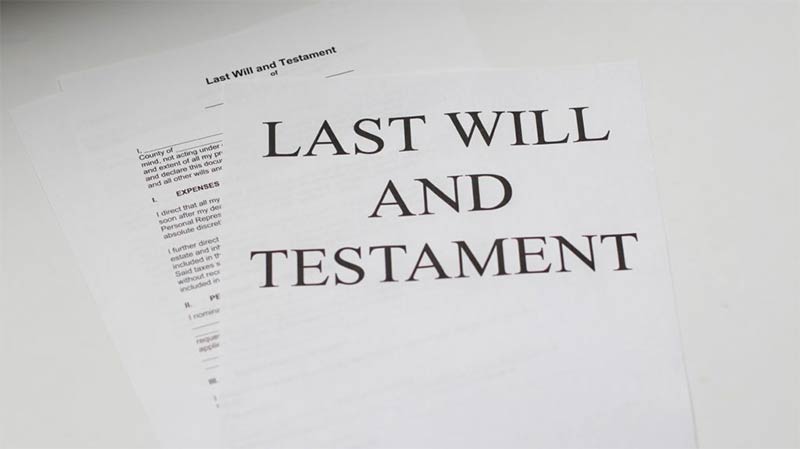When there is a will contest, one of the first questions that always comes up is focused on testamentary capacity. That is because Wills require that the testator (the person making the will) have a certain type of capacity, called “testamentary capacity”. If the testator is lacking testamentary capacity at the time he or she made a will, that will would be invalid.
Capacity is a general term, not subject to a precise definition and can refer to different levels of mental capability depending on the context. Testamentary capacity is a lower threshold of capacity than the kind of capacity needed to enter into a contract. With respect to wills, Missouri Revised Statute § 474.310 states that a person has testamentary capacity and may write a will if he or she is at least 18 years old and is “of sound mind.” Missouri courts weigh four factors to determine if a person is of sound mind when he or she executed his or her will.
Ordinary Affairs: The first factor is whether the testator “understands the ordinary affairs of life.” This first factor is vague and has not been clarified by court decisions. Courts generally interpret this first factor to mean the testator must understand the basic needs for his or her life and be in control of his or her faculties or senses.
Nature and Extent: The second factor is whether the testator “understands the nature and extent of his or her property.” This means that the testator must have a general idea of what property he or she owns.
Nature Objects: The third factor is whether the testator “knows the people who are the natural objects of his or her bounty.” This means that the testator must know who would inherit his or her estate if there was no will. The testator’s relatives, including children and spouse, are usually the natural objects of the testator’s bounty.
Understanding Effect: The fourth factor is whether the testator “understands that, by executing the instrument, he or she is giving property to persons in the manner specified in the instrument.” This means that the testator must understand that the persons identified in the will, and no one else, will receive the testator’s property in the manner specified in the will. For example, the testator would need to understand if he or she disinherited a family member who would have inherited property if not for the will.
If the above factors are present, a court would likely find that the testator had testamentary capacity and that the will is valid, excluding any other circumstances. These are the questions that should be asked, explored and discussed before someone signs their will. Otherwise, they will be asked after the testator is deceased and someone is unhappy with their inheritance.


